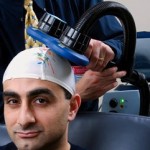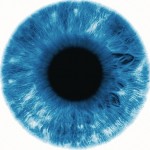Andre Tomlin
André Tomlin is an Information Scientist with 20 years experience working in evidence-based healthcare. He's worked in the NHS, for Oxford University and since 2002 as Managing Director of Minervation Ltd, a consultancy company who do clever digital stuff for charities, universities and the public sector. Most recently André has been the driving force behind the Mental Elf and the National Elf Service; an innovative digital platform that helps professionals keep up to date with simple, clear and engaging summaries of evidence-based research. André is a Trustee at the Centre for Mental Health and an Honorary Research Fellow at University College London Division of Psychiatry. He lives in Bristol, surrounded by dogs, elflings and lots of woodland!













